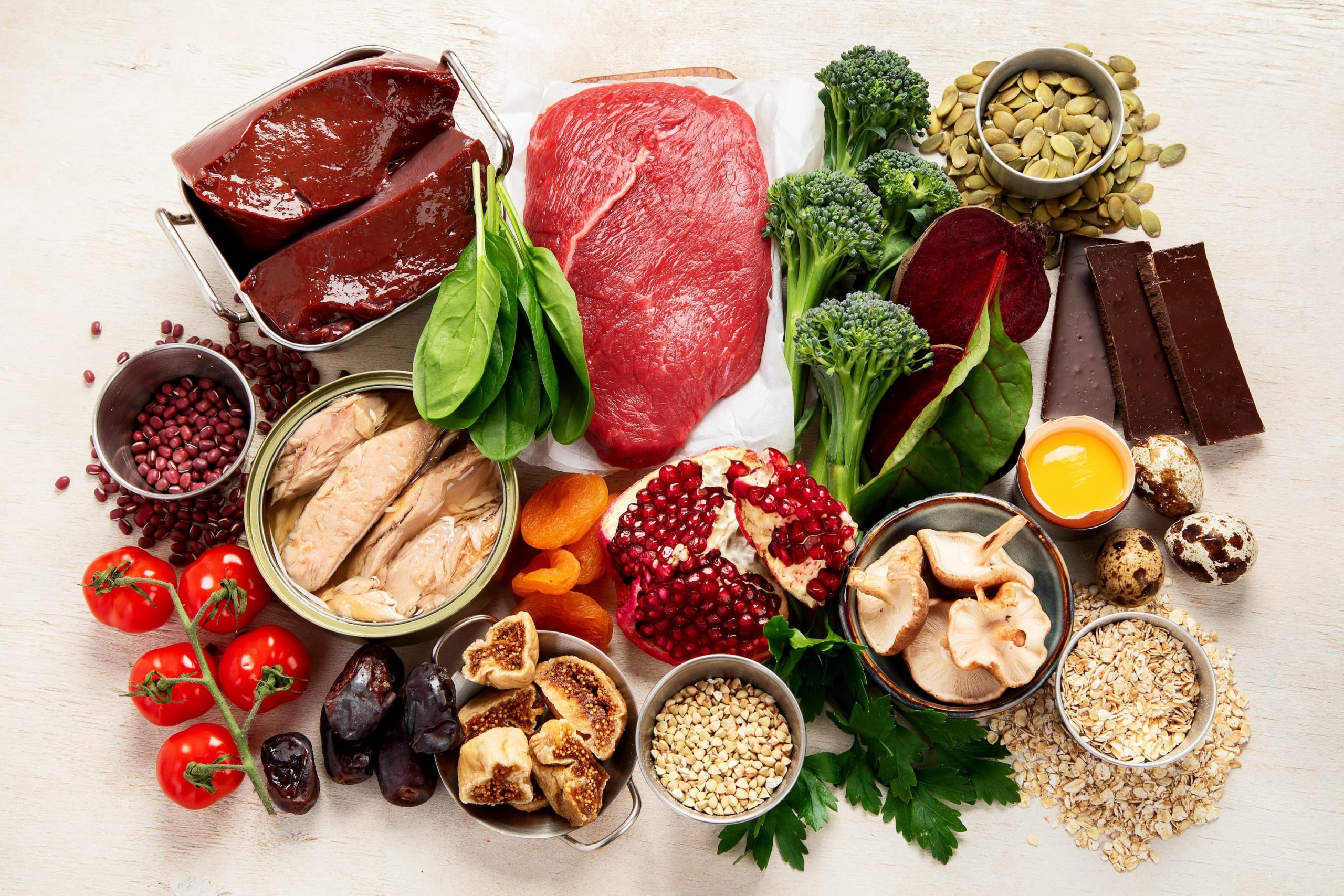Before helping your friends and neighbors with a life-saving blood donation, you must take care of your own body. That includes knowing what to eat and drink before donating blood. You’ll also want to eat and drink the right things after your blood donation to make your recovery as quick and easy as possible. That’s why we’ve also included some suggestions for what to eat after blood donation.
Of course, a healthy diet full of nutrient-dense foods is always important, but it’s especially vital to know what to eat before giving blood. The most crucial foods and drinks listed below will help your body recover from donating blood.
Eat Iron-Rich Foods
When you donate blood, you lose iron-rich red blood cells. After you’ve donated, it can take your body about eight weeks to replace the red blood cells and the iron they contain. You may feel weak and tired if you don’t replenish that iron. Iron-rich foods include red meat and organ meats like liver, poultry, fish, seafood, eggs, beans, sweet potatoes, and leafy green vegetables.
Examples of Iron-Rich Foods:
- Red meat and organ meats like liver
- Poultry
- Fish and seafood
- Eggs
- Beans
- Sweet potatoes
- Leafy green vegetables.
If you plan to donate regularly (Thank you!), you might want to take a multivitamin with iron every day to ensure your blood iron levels stay topped up.
Eat Foods High in Vitamin C
Vitamin C is important to eat alongside iron because it helps your body better absorb the iron. Include good sources of vitamin C along with an iron-rich diet.
Examples of Foods High in Vitamin C
- Citrus fruits and juices like pineapple, cantaloupe, mango, papaya, guava, kiwi, berries, watermelon
- Cruciferous vegetables such as brussels sprouts, kale and broccoli
Drink Plenty of Water Before Giving Blood
Your blood is about 80% water. When you donate blood, you lose a large amount of water in a short time. Proper hydration before an appointment increases your volume of blood, makes veins easier to find, and helps you feel well after donating. You should drink an extra 2 cups (16 oz.) of water as you prepare to donate.
Your body will need to replace the lost fluids after a donation, and water is the best way to do that. Unfortunately, the more popular soft drinks, coffee and tea, all contain caffeine and/or sugar (both diuretics), which will only dry your body out more and lead to exhaustion. So, stick with water (or juice) and allow your body to recover.
Fueling Your Body for a Life-Saving Donation
About half of people who try to donate are deferred due to low iron. With the right foods and adequate hydration, you can mitigate this common occurrence and you should feel fine after your blood donation. Plus, you’ll be satisfied knowing that you may have saved someone’s life! Why not contact us today to schedule your blood donation?
Image Credit: Tatjana Baibakova / Shutterstock
